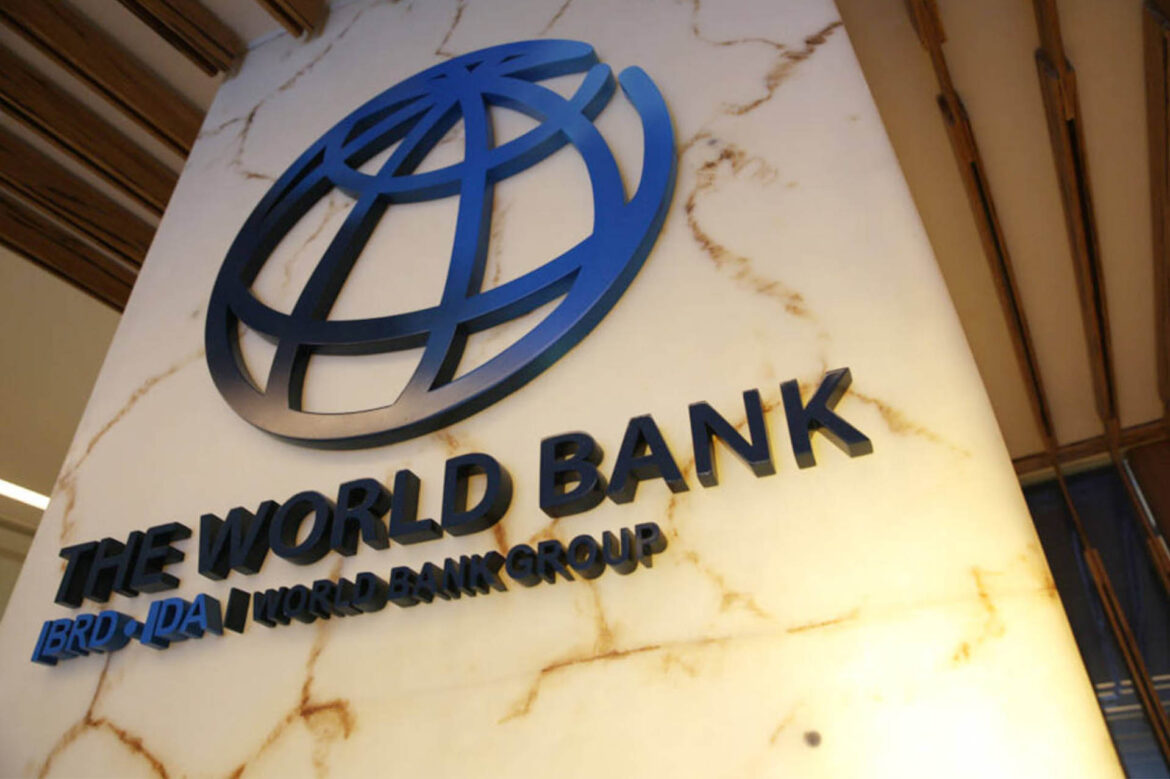By Staff Reporter
ISLAMABAD: Pakistan’s economy will grow at a sluggish pace of 1.7 percent in the current fiscal year, as tight monetary and fiscal policies and political uncertainty weigh on domestic demand, the World Bank said in a report on Wednesday.
“In Pakistan, the economic outlook for FY24 remains subdued, with growth projected at only 1.7 percent,” the bank said in Global Economic Prospects — January 2024 report.
“Monetary policy is expected to remain tight to contain inflation, while fiscal policy is also set to be contractionary, reflecting pressures from high debt-service payments.”
The South Asian nation, which is facing a balance-of-payments crisis and high inflation, is expected to see a modest recovery in growth to 2.4 percent in the next fiscal year, as inflationary pressures ease and confidence improves, the Washington-based lender said.
“As inflationary pressure eases, growth is expected to pick up to 2.4 percent in FY25.”
Pakistan’s outlook is clouded by the prolonged slowdown in the global economy, which is projected to expand by 2.4 percent in 2024, the lowest rate since the 2009 recession.
Developing economies, including Pakistan, are also facing risks from higher energy and food prices, financial and fiscal stress, and geopolitical tensions, especially in the Middle East.
The World Bank said Pakistan’s economic output contracted by an estimated 0.2% in the fiscal year that ended in June 2023, due to the impact of the 2022 floods and political turmoil. . Consumer price inflation remained elevated, partly reflecting currency depreciation in early 2023.
The country’s currency, the rupee, depreciated sharply in early 2023, but stabilized later in the year, helped by tighter regulations, lower imports, and a debt relief from China.
The bank said the rupee showed signs of stabilization on an increased liquidity in the foreign exchange market after a tighter enforcement of regulations, a shrinking money supply, a balance-of-payments surplus on account of low import demand, and a moratorium on Chinese debt repayments.
The report also highlighted the challenges posed by rising food prices, which could increase poverty and inequality in Pakistan and other countries with limited fiscal buffers and security threats, such as Nepal and Afghanistan. It urged policymakers to strengthen social safety nets and improve food security to protect the poor and the vulnerable.
The report warned that the upcoming elections in several South Asian countries, including Bangladesh, Bhutan, India, Maldives, and Pakistan, could dampen private sector activity and foreign investment, and increase fiscal pressures.
It also said that political or social unrest and violence could further disrupt and weaken economic growth in the region.
Copyright © 2021 Independent Pakistan | All rights reserved




